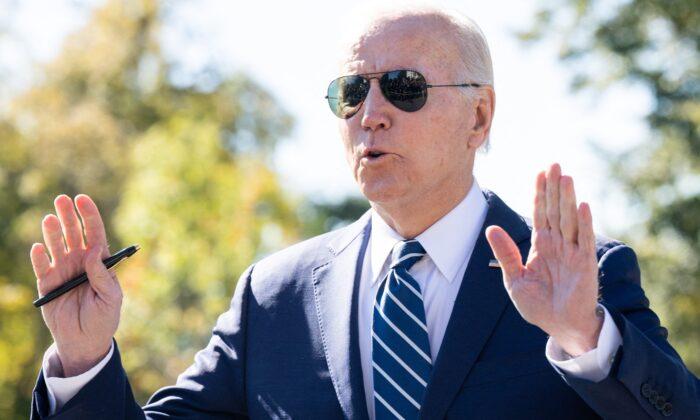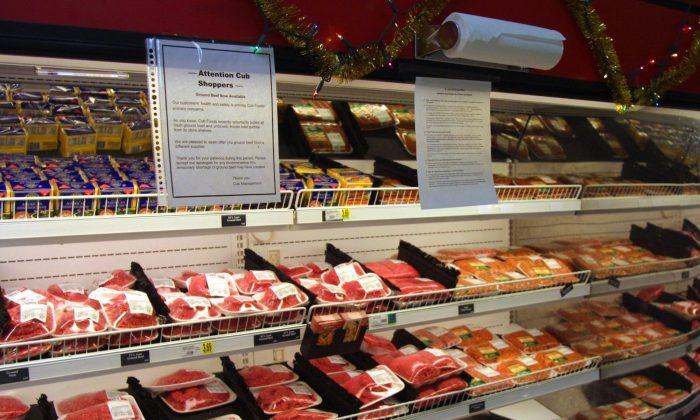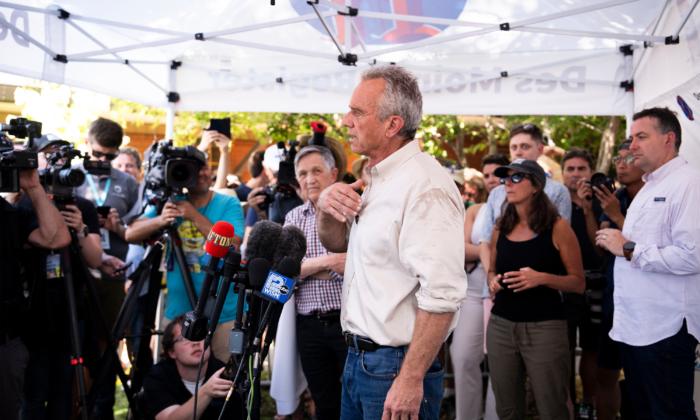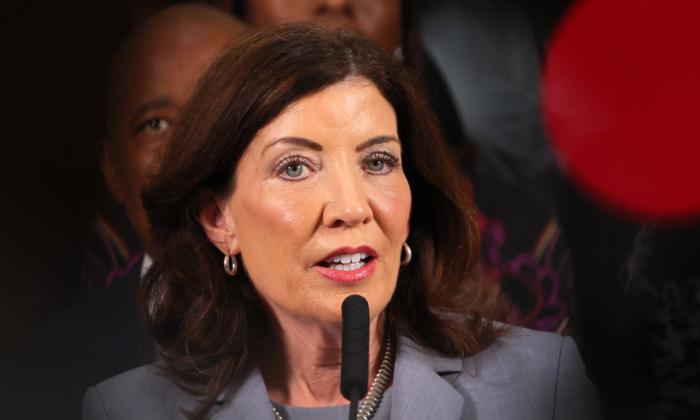A key measure of inflation in the United States that is closely monitored by the Federal Reserve accelerated once again in September, as the price of goods and services rose upward,
Total consumer prices overall increased 0.3 percent.
The government report, which has been released less than two weeks before the midterm elections, poses a troubling sign for the Biden administration.
American consumer spending remained resilient, but strong price pressures and solid demand will likely encourage the Federal Reserve to make another large interest-rate hike next week, as inflation remains well above its 2 percent target.
September’s numbers are higher than the 4.9 percent annual increase in August, but below the four-decade high of 5.4 percent in February.
Rising Prices Bode Ill for the Democrats in the Midterms
The Democrats’ control of Congress is under threat, as rising prices rose to the top of voters’ concerns.Republicans have been harassing President Joe Biden and congressional Democrats for the rapidly rising prices that have hurt American households across the country.
“This week, the economic reports show we are making progress on our economic plan: lower inflation, higher incomes, and solid growth. Inflation slowed in the third quarter, with energy prices coming down. Gas prices have declined over $1.20 since the summer’s peak.”
The president continued with his plans for the U.S. economy in the future, but without control of Congress, they are unlikely to happen.
“We have more work to do. My plan will bring down prescription drug prices and energy costs starting next year. In January, seniors will see their Social Security checks increase by an average of $140 a month, even as their Medicare premiums go down—the first time in a decade that has happened. Also starting in January, billion-dollar companies will face a new requirement that they must pay taxes.”
Biden accused the Republicans of having no real economic agenda if they were to take back both houses.
“Congressional Republicans’ agenda, on the other hand, is very different. It would drive up inflation and add to the deficit by cutting taxes for the wealthiest Americans and large corporations. And it would raise the cost of prescription drugs, health care, and energy for American families.”
Consumers Feel the Heat
Consumer are still under increasing pressure this fall, despite a strong labor market and wage gains.Personal income, unadjusted for inflation, rose 0.4 percent for a third straight month.
Strong wage increases have been a persistent challenge for the Fed as it seeks to control rapid inflation by cooling the economy.
Housing Market Tumbles
The mortgage market has been gravely affected by the Fed’s hikes, causing the housing market to decline, as buyers pull out due to high prices and loan rates.The average 30-year fixed-mortgage rate surged past 7 percent this week after falling for months, according to mortgage lender Freddie Mac.
Sales of available homes have tumbled for eight straight months, and have fallen nearly 25 percent in the past year, while home building slows to a crawl.
The only positive news for the Democrats was the 2.6 percent rebound in U.S. GDP for the third quarter, easing recession fears, after two consecutive quarters of negative growth.
Polls are now showing the increasing probability that the Republicans will win back the majority in House and possibly the Senate, as more Americans—by double digits—trust the GOP on the economy over the Democrats.






Friends Read Free